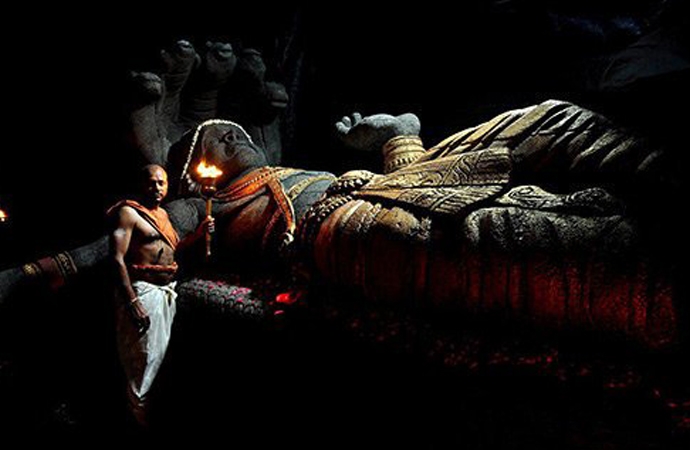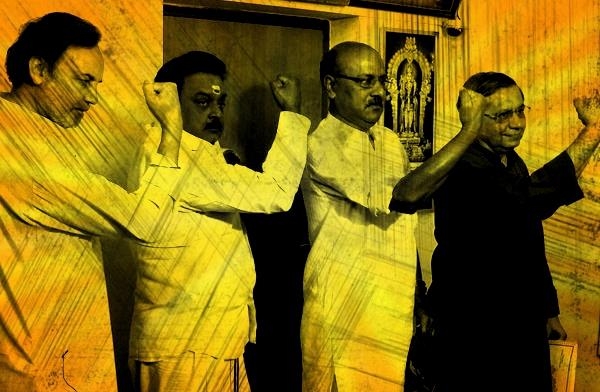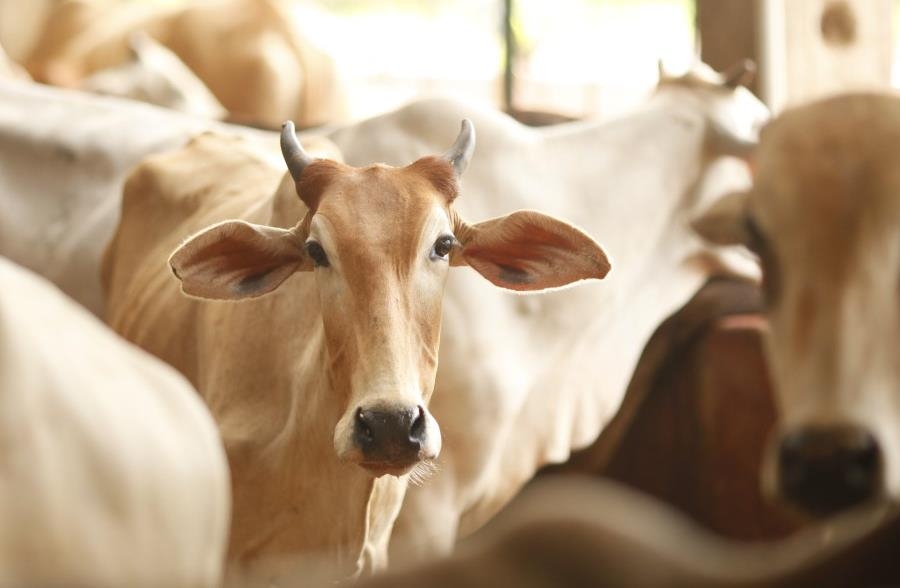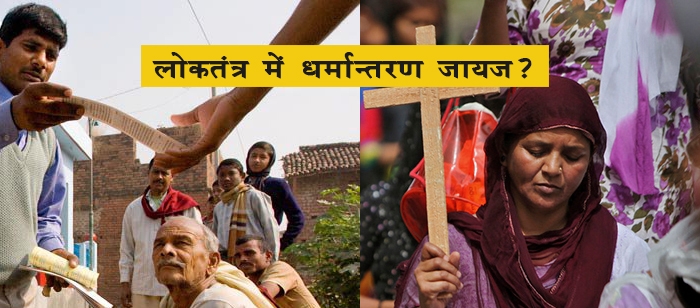In recent times, we have witnessed the misuse of state police and investigation agencies through political intervention. We have also observed how police and agencies played like a toy in others hands in few contemporary cases like Malegaon, Ishrat Jahan those have been opened up now.
State police and investigation agencies in such matters have been seen for attempting to book the innocents in false cases, searching their houses viciously without legal permission, harassing them under custody to confess to the crime that they did not commit, and running the trial by planted evidence and witnesses. It is also noteworthy, the rising trend of the incidents in which police personnel made unwise administrative decisions and misbehaved, and lathi charged brutally over the innocents, detained them illegally. Sometimes police exercise power against economically weaker and marginalised people during the course of justice. The incidents are reported quite in numbers where police strayed from the duty to protect guaranteed freedom and act with non-partiality in registering the pleas of common citizens. All this throws the light upon a system void - no mechanism to make the police accountable.
Even after the firm verdict by the apex court to establish Police Complaint Authorities, the states are hesitant to comply with it.
In September 2006 by the firm verdict on police reforms including the establishment of Independent Police Complaint Authorities in all states, the Apex Court passed the order to fill this system void. The Supreme Court has sent directives to all states to fix accountability of the police personnel and IPS officers handling cases.
So far the progress in this regards has been very meagre. If we check the ground reality, the states after obliged by order, neither have even moved enough to make the PCAs full-fledged functional nor shown willingness to remove the obstacles that impede functioning. As we see wherever it has been constituted are struggling for the separate structure, its working is constrained on the budget, infrastructure and some due to pending vacancies to operate well. In few states, PCAs are for name sake and toothless bodies as the independence curbed by providing the ample scope of state govt interference in authorities run under the flawed acts. As of now, the states - Assam, Goa, Haryana, Kerala, Tripura and Uttarakhand — and UTs — Chandigarh, Dadra & Nagar Haveli, Daman & Diu, and Delhi — have PCAs which are actually working at the ground level. Last year Maharashtra was ordered to constitute the PCA along with the first appointment of retired high court justice to head it. Latest updates are from Jharkhand and Rajasthan where PCAs have been ordered to establish after the strict court intervention on suspended provisions to have those essentially in states.
As the Supreme Court verdict casts that all states shall have the structured bodies at both levels, the state as well as the district, to enquire about the complaints against police personnel. But the states where PCAs are operational, Kerala is the only state can be acknowledged concerning the significant district level working. While SC had already framed the mandate and responsibility of the body, also have directed to make the provisions or amendment in state police act that state shall have the segregated workforce, tangible offices and Someone equivalent to Retd High Court/ Supreme Court Justice must head it. The Apex court in its directives has asked to State home departments that not to vest powers of other hierarchical bodies to form PCAs and further has given emphasis to secure the autonomy of PCAs. SC order is meant to be PCA's inherent power as equal to a civil court, including and enforcing the attendance of witnesses, examining them on oath, receiving evidence on affidavit, and requisitioning public records or copies from any court or office. Of course, the case of non-compliance of SC directions seems, few states have taken the by-pass route to implement PCAs and merged its formation with other statutory bodies entitled to another purpose. In Goa, Orissa and Himachal Pradesh has been formed under state Lokayukta and Lokpal. Similarly, Delhi Police complaint authority has been constituted and is running under Public Grievances Commission. Such provision allows the shattering of the idea of a competent and independent police complaint authority. Thus, state governments show the lacking of efforts and unwillingness for PCA's functioning.
In fact, in the new matter at Rajasthan where state high court has adopted a strong tone over this laxity of state govt to implement the suspended functioning of PCAs has set a glaring example of corruption. In 2013, the state already had the provision for setting up the PCAs under Rajasthan Police Act 2007 and appointed the chairperson and members at the state level. But since then, PCA's functioning is just on paper and state is also incurring the budget for hefty salaries of appointees and operational capital without having no physical presence of its offices and no approach mechanism in the knowledge of the public. That is for only state level authority; still district level is the far thought of functioning in Rajasthan. Such revelations came into the High Court's cognizance when a technocrat turned RTI- activist Dharma Raj observed few bad moves and misconducts of state police towards innocents in Sant Asaram Bapu Case and other matter of police atrocities over Dalit woman protesting for arresting her rapists. He fought the months-long battle to formulate PCAs in states. And by going now after Rajasthan High Court put the compulsion to constitute PCAs at the state and districts level before 30th May 2016, state home department has revised its earlier constituted committee and provided the distinguish office with proper signage of contact information of committee members. Accordingly, the accused police personnel with the rank above Deputy SP are to be enquired by state level committee whereas below the rank of Deputy SP is to be enquired by district level committee. The home department has also directed to order to all the district collectors for establishing the PCAs. Further under the court's pressure, state police are also working to launch the grievance portal where the cause list and complaint status will be available.
Similarly, Jharkhand has just acquired its first state-level police complaint authority after the PIL filed by former Odisha DGP Prakash Singh. As in result, now there will be two distinct functions of police including one for separate PCA which will begin in all urban police stations of the state.
Nevertheless, the states have to walk a lot of miles in the journey of bringing the police reforms otherwise 'not having the transparent law process and administrative system at par', the claim of celebrating us as the biggest democracy will set false.










